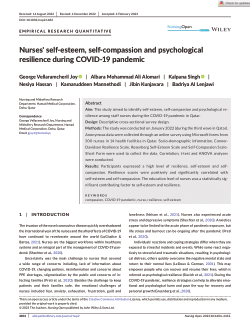Workplace stress can overwhelm employees, but managing it effectively is possible through emotional intelligence. This skill set involves understanding and controlling your emotions, allowing you to respond productively to stressors. Emotional intelligence significantly improves communication, enhances relationships, and reduces tensions at work. Here are four essential pillars of emotional intelligence that can help manage workplace stress:
1. **Self-awareness**: Recognizing your emotions helps guide your decisions. By understanding what triggers your stress, you can respond more effectively. For instance, keeping a stress journal can identify consistent patterns in your reactions.
2. **Self-control**: The ability to regulate your emotions and behaviors is vital. It enables you to remain calm during challenging situations. Techniques such as deep-breathing exercises or short breaks can aid in maintaining composure during stressful times.
3. **Social awareness**: This skill allows you to perceive and interpret the emotions of others. Being attuned to your colleagues’ feelings can foster a supportive work environment. Practicing active listening can enhance this capability, making it easier to respond appropriately to others.
4. **Relationship management**: Effectively managing your relationships with coworkers reduces conflicts and builds trust. This can be achieved by addressing issues directly and constructively. Engaging in team-building exercises can strengthen these relationships and improve overall workplace morale.
To further enhance emotional intelligence and reduce workplace stress, consider these strategies:
– **Identify stress triggers**: List the specific factors that contribute to your anxiety. This practice helps you recognize patterns and develop coping strategies. Techniques like mindfulness meditation can help clear your mind and sharpen your focus.
– **Stay attuned to your emotions**: Recognize your emotions as indicators of your needs. Acknowledging your feelings allows for genuine communication with others, fostering a collaborative environment.
– **Master non-verbal communication**: Your body language conveys much more than your words. Maintaining eye contact, appropriate facial expressions, and a confident posture can build trust and rapport, while negative cues can create confusion and stress.
– **Resolve conflicts constructively**: Approaching conflicts positively helps maintain trust among coworkers. Stay present during discussions, avoid letting past grievances cloud your judgment, and pay attention to both verbal and non-verbal cues. Light-hearted interactions can also relieve tension and promote camaraderie.
By developing emotional intelligence, you can manage workplace stress more effectively. This skill set not only enhances your career development but also contributes to a healthier work environment. Embrace these strategies to foster resilience and improve your overall mental health at work.



